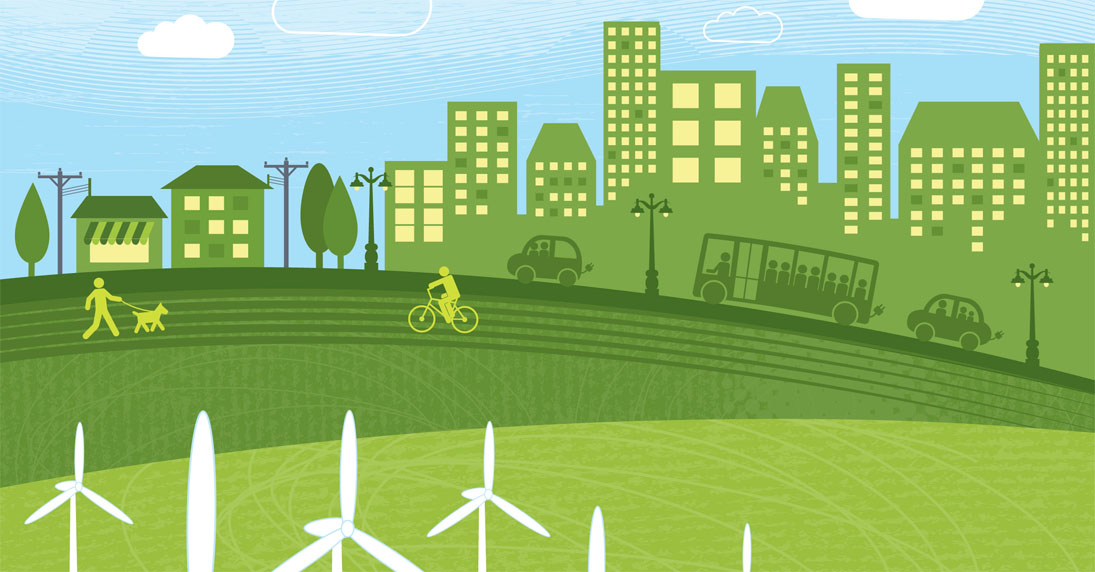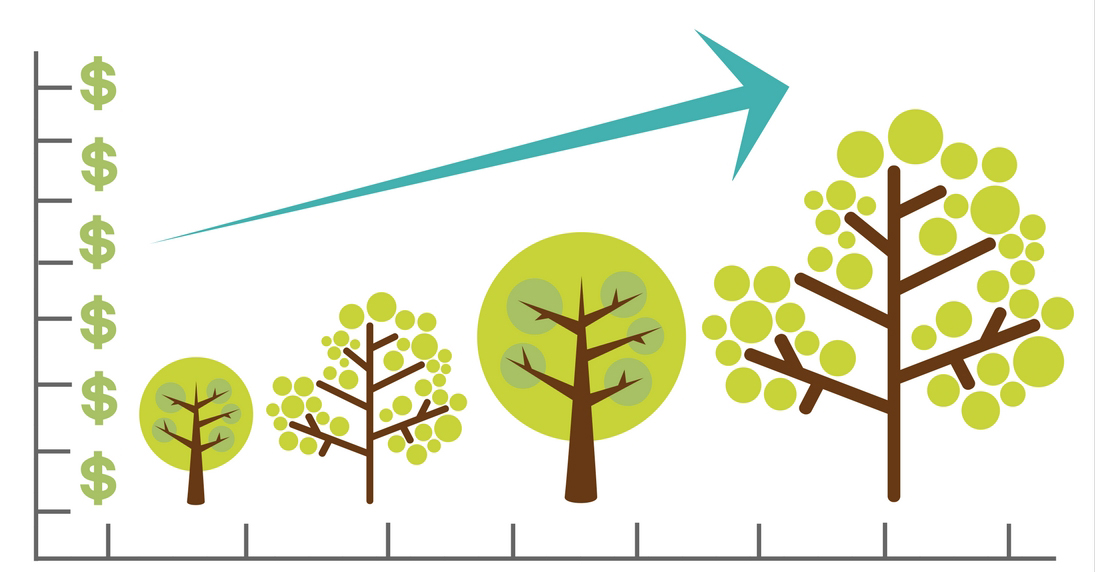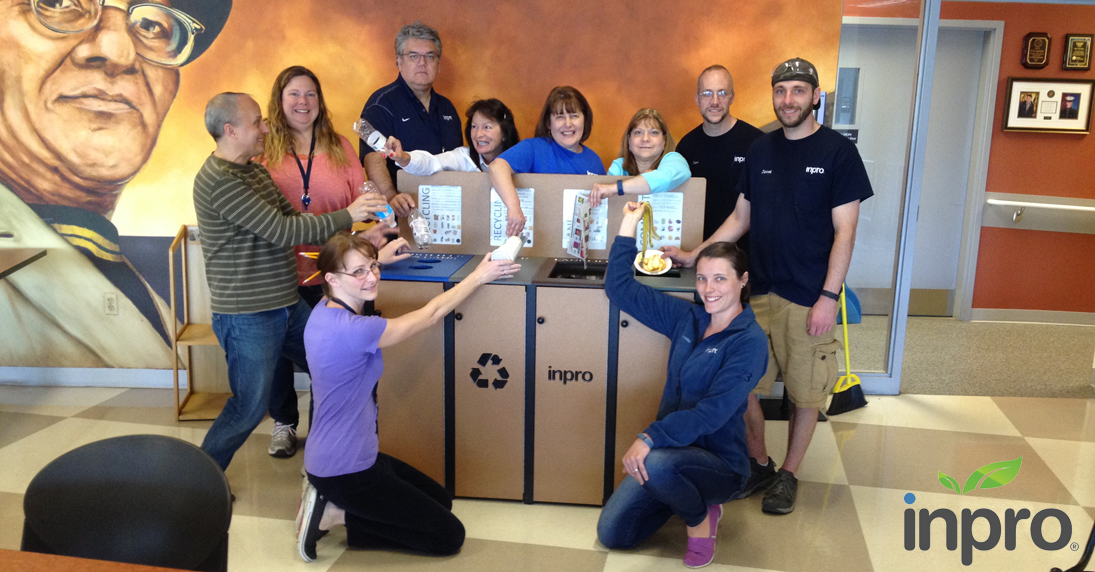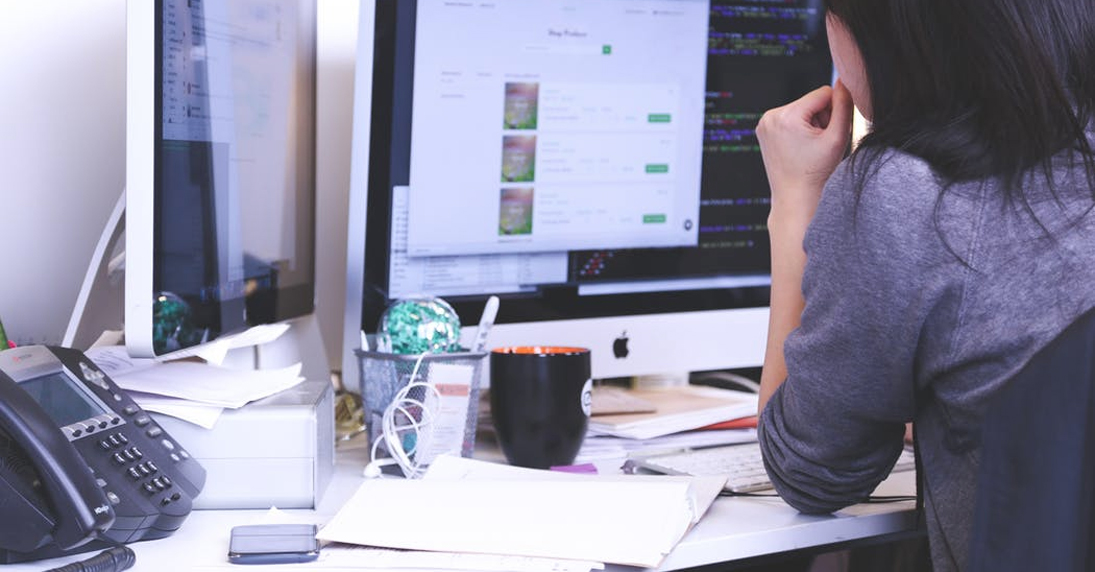Tag: Energy
Smart Cities: Connecting Sustainability, Technology

Cool Choices was proud to present at the Smart Cities Connect Conference & Expo in Austin, Texas in June, where we were selected as a 2017 Smart Cities Showcase participant. Our booth engaged with dozens of city thought leaders looking for new ways to connect community and innovation via sustainability, technology, and the Internet of Things (IoT.) The conference offered several keynotes focused on how new technology connects with sustainability effort to benefit whole communities.
The Economic Case for Sustainability in Business

Increasingly, businesses are opting for sustainability. Being environmentally sustainable really just means finding ways to cut waste, which in turn reduces operating expenses – and every successful business wants to reduce operating costs and increase profits.
Cool Choices in Action: Inpro’s Sustainability Story

Cool Choices met with Amanda Goetsch, Corporate Sustainability Manager at Inpro Corporation, during a recent webinar to discuss the successful results Inpro received from implementing Cool Choices employee engagement programs as part of their sustainability initiatives.
Sustainable Practices that Add Up

We often assert that small sustainable practices add up. So what are some specific examples? Honestly, the examples are everywhere!
Let’s Hear It for the General Public!
In case you did not notice, we are all trying to do our part.
Two recent surveys suggest that the vast majority of Americans are making an effort to save energy and reduce their emissions.
In a national survey by the Energy Center of Wisconsin, 73% of respondents said that they had done something in the last year to save energy with the average respondent reporting four specific actions. The most common actions reported were installing more efficient lighting and adjusting the thermostat. Similarly, an Associated Press-NORC Center for Public Affairs Research survey found:
An overwhelming majority, 89 percent, of the public reports personally doing something to try to save energy in the past year, with day-to-day actions, such as turning off lights, turning down the heat, and driving less and walking or biking more reported most often.
These are, of course, self-reports but there is evidence—like the downward trend in vehicle miles traveled and the uptick in sales of fuel efficient vehicles—that suggests Americans are taking more steps towards environmentally sustainable choices.
This is great news and it merits a big pat on the back—some positive reinforcement for everyone.
One form of reinforcement is the dollar savings associated with these actions but we know that the financial impact of an individual’s actions can be hard to see.
People need other kinds of reinforcement and experts tell us recognition is the best encouragement of all. Put simply, people need someone to notice and praise their efforts to save energy so that they feel encouraged to do even more. But when I adjust the thermostat at home to save energy my neighbors and friends are oblivious. Heck, half the people living in my house do not notice the change.
Cool Choices generates positive reinforcement through our games. Game participants report their environmentally sustainable actions (which makes those actions visible to others) and by doing so they earn points (a form of recognition) for the actions. We also use game mechanics to give people opportunities to show off their changes (via pictures, stories, etc.) and to recommend specific actions to other participants. Through the process, participants learn that others in their community share their commitment to sustainability and that, together, these individuals can achieve substantive results.
We hope others will follow our lead in celebrating change. If you are doing the right things, think about how you can make your actions more visible to those around you and, alternatively, when you see someone else doing the right thing take a moment to applaud their efforts.
It feels good to do your part but it feels even better when your community celebrates your efforts and you can see how those simple changes add up to big results.
It Is Not About Sacrifice, It’s About Living More
As a veteran of almost two decades of energy efficiency efforts, I’ve had hundreds of people start conversations with me by saying “You know, I tried [insert efficiency product or practice here] and…”
Over time I learned to brace myself, to force a fixed smile as I listened—because as often as not, what followed the “and” was negative.
“And I didn’t see any savings.”
“And my wife hated the way the light looked.”
“And it didn’t work as well as our old model.”
“And the contractor left a huge mess.”
Now I’m watching Cool Choices’ first corporate partnership unfold and once again I’m listening to stories. Participants in the pilot are encouraged to share stories, photos or videos about what they are doing and how it’s going.
Some participants tell us that because they are watching less TV, they are spending more time outside, spending more time interacting with other family members, going for walks, and reading more.
Others tell us that avoiding jackrabbit starts and stops while driving was a challenge at first but now they find driving more relaxing. They arrive at their destination on time and feeling better about the other people on the road.
Multiple participants tell us about how they’ve involved their children, saying that Cool Choices has prompted broader and deeper conversations about sustainability.
The stories make clear that lots of participants are very proud (and justifiably so) about how they are taking control of their energy usage.
Up front we talked to these people about the financial benefits they could see via the game but now it’s clear that they are seeing benefits beyond the financial. Participants are experiencing:
- Mental health benefits associated with more social interactions, less road rage and feelings of greater control of their own lives.
- Physical health benefits associated with more opportunities for exercise, more time outside and less stress This is, I think, the magic pixie dust that’s needed to make change happen.
When people feel (yes, feel—in their guts) that being more sustainable actually improves the quality of their life, then we’re on the right track. Suddenly the benefits outweigh the hassles and sustainability isn’t about doing less—it’s about living more.
I can’t wait to read next week’s stories.

